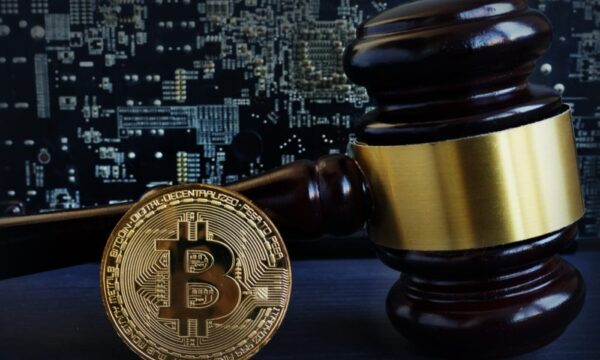Digital currency, or cryptocurrency, has grown in popularity over the past decade. As more people invest in this new form of currency, there have been increasing concerns about how to regulate the market. The question of how to navigate the ethics of digital currency market regulation has become a pressing issue.
What is Digital Currency?
Digital currency is a form of currency that operates purely online. It is decentralized, meaning that it is not controlled by any government or financial institution. Instead, digital currency is based on a system of cryptography, which ensures that transactions are secure and anonymous.
There are many different types of digital currency, but the most well-known is Bitcoin. Bitcoin was created in 2009 and has since become the most valuable digital currency in the world. Other popular digital currencies include Ethereum, Litecoin, and Ripple.
The Need for Regulation
As digital currency has become more popular, there have been increasing calls for regulation of the market. This is because there are several ethical issues that need to be addressed in order to ensure that digital currency is safe and secure for investors.
One of the main ethical issues is the potential for fraud. Because digital currency is decentralized and anonymous, it is easy for scammers to take advantage of unsuspecting investors. There have been several instances of fraud in the digital currency market, including the infamous Mt. Gox hack in 2014.
Another ethical issue is the potential for money laundering and other criminal activities. Because digital currency transactions are anonymous, they can be used to hide illegal activities. This has led to concerns that digital currency could be used to finance terrorism or other criminal enterprises.
The Challenges of Regulation
Regulating the digital currency market is not an easy task. This is because digital currency is decentralized, meaning that there is no central authority that can regulate it. Additionally, digital currency operates across borders, making it difficult for any one government to regulate it effectively.
Another challenge is the fact that digital currency is still a relatively new technology. This means that there is still much that is not understood about how it works and how it should be regulated.

Potential Solutions
Despite these challenges, there are several potential solutions to the problem of regulating the digital currency market. One solution is to create a regulatory body specifically for digital currency. This body could be made up of experts in the field who would be responsible for ensuring that the market is safe and secure for investors.
Another solution is to create international regulations that would apply to all countries. This would ensure that digital currency is regulated consistently across the globe.
The question of how to navigate the ethics of digital currency market regulation is a complex one. There are many ethical issues that need to be addressed, including fraud and money laundering. Regulating the market is not an easy task, but there are potential solutions that could be implemented to ensure that digital currency is safe and secure for investors.


